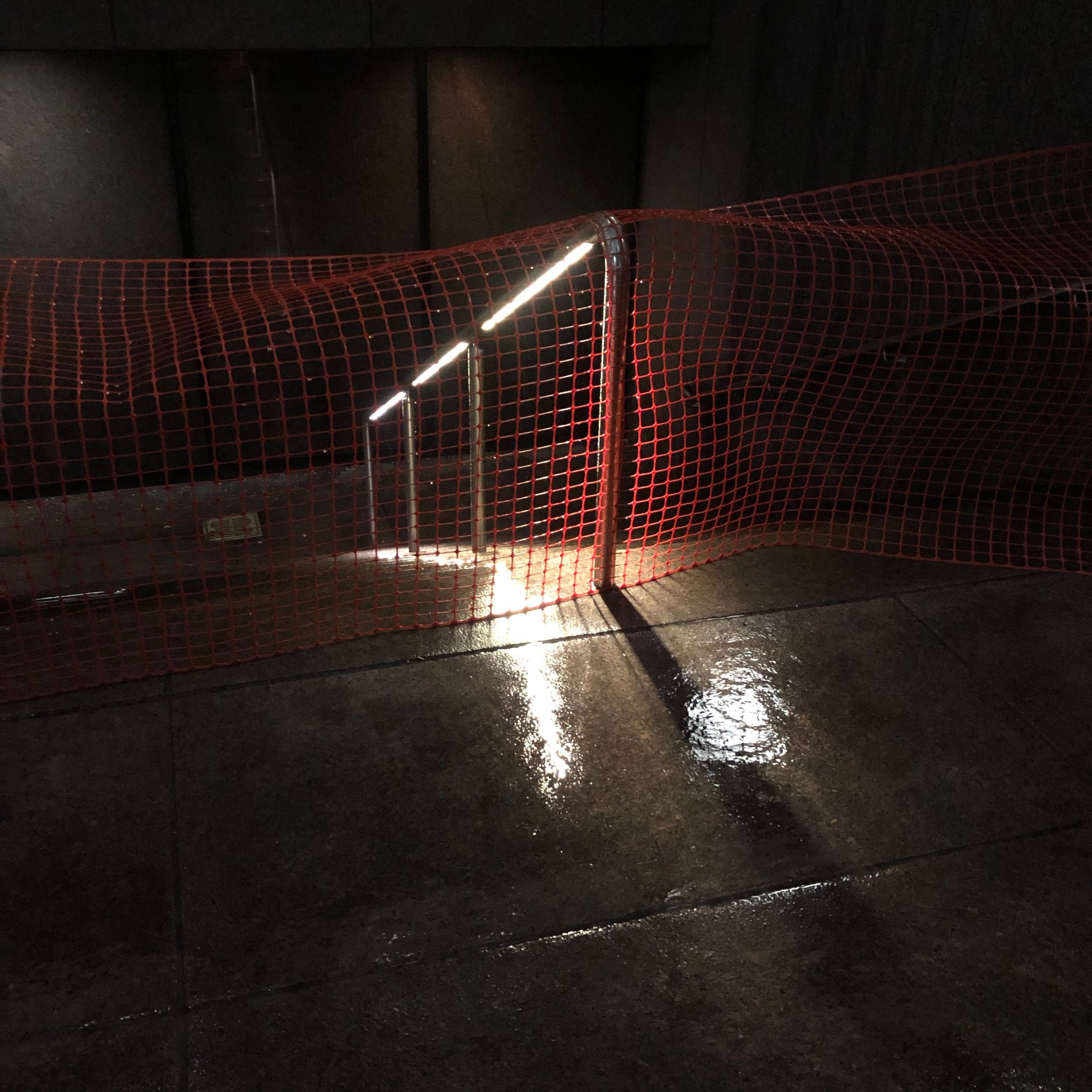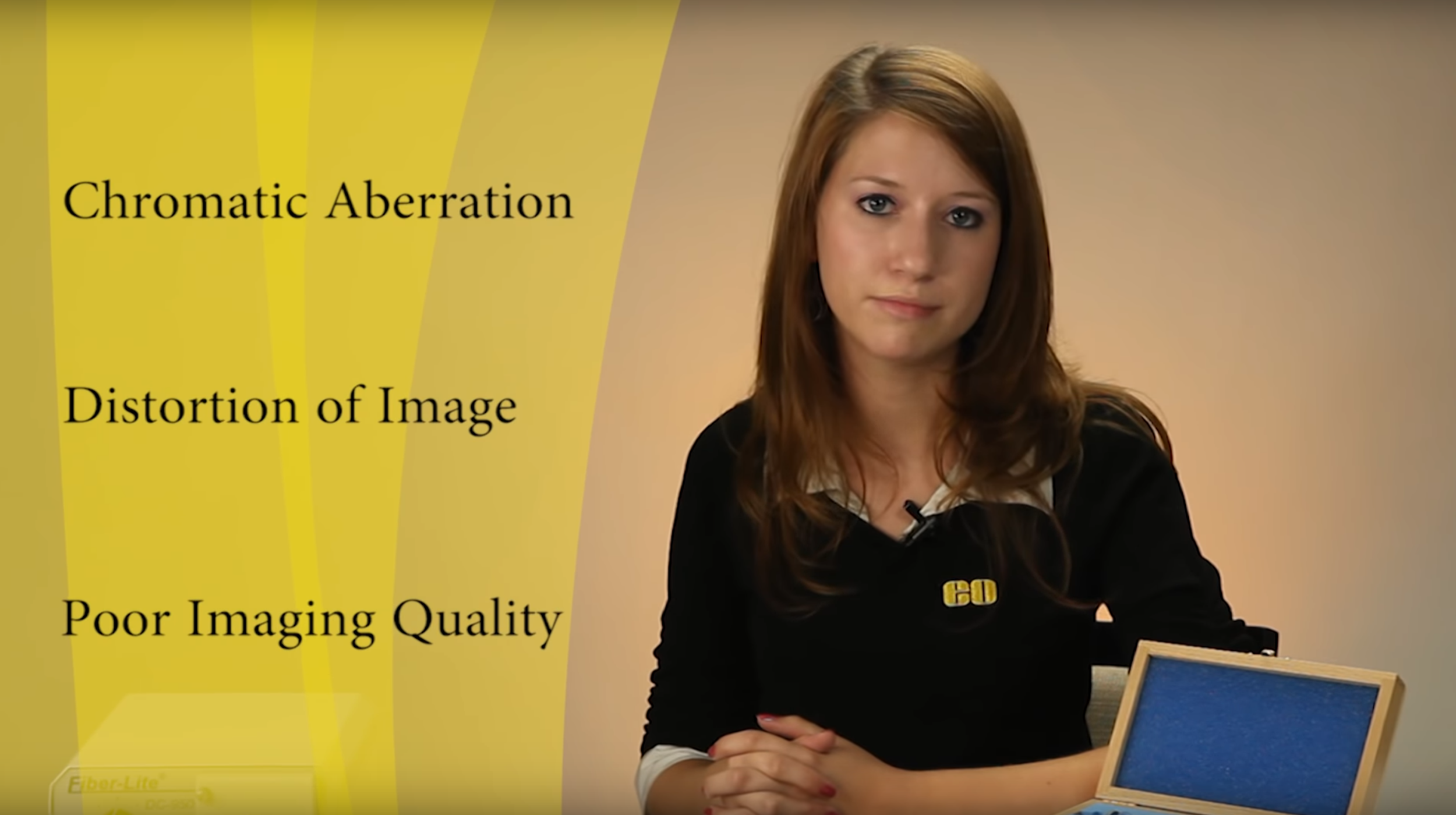THURSDAY
My newsletter is here. Please subscribe and pay whatever you can, when you can. And if you can’t, just keep reading.
WEDNESDAY
Two years free of benzos.
FRIDAY
The below was written for a Guardian feature about Michael Jackson but was cut for space. This version is longer.
•••
Michael Jackson was as creative an abuser as he was a musician. Neverland was built for pedophilia—flowers and lakes for the parents, locks and secret rooms for the kids. We all failed to hear the smooth criminal telling us about his badness. Who travels with a series of ten-year-old boys, none of them family? Why did we let Michael fog our glasses with his special alien routine?
The Jackson estate has already filed a $100 million suit against HBO. They didn’t do this because of the stories Jimmy Safechuck and Wade Robson tell in Leaving Neverland, but because the documentary allegedly violates a non-disparagement agreement signed by HBO in 1992 when the network aired Michael Jackson Live In Bucharest: The Dangerous Tour. The estate can’t sue HBO or director Dan Reed for saying bad things about Michael because the dead are exempt from that legal protection. The estate can only crow about people either violating contracts or exploiting Michael’s name for money, even though neither Robson nor Safechuck received an upfront fee or points. What the Michael Jackson Company, Inc. will not be able to do, after Leaving Neverland airs, is plausibly claim that his accusers are lying. A rumor is a line of text, a stranger talking about another, an abstraction. Don’t like the accused? Let them embody your fears. Don’t like the accuser? You’ll never meet them—tear them apart on YouTube.
Axiomatic questions like “What to do with a problematic artist?” are besides the point. As long as the subjects involved are dead or distant, these discussions are governed by affection and bias. The responses form meaningless patterns. The testimony of the survivors in Surviving R. Kelly and Leaving Neverland ends water cooler games. Anyone who finds their strength in another’s weakness is fighting time, and that has never been a bettor’s pick. Someone’s truth, told in their voice, will break any hand that stays it.
TUESDAY
TUESDAY
FRIDAY
TUESDAY
SUNDAY
TUESDAY
Here is a piece on Éliane Radigue for Artforum. Happy new year!
SATURDAY
FRIDAY
FRIDAY
THURSDAY
My top ten for Boomkat, even though there’s no such a thing as “ten.” Below is all the text that didn’t fit on Boomkat.
Primitive World, White on White
This could be one album pasted on top of another. There are beats on here that never quite happen, and all these sandy waves holding their ground. If you pried the whole thing apart, you’d have two viable elements. Do it!
Miles Okazaki, Work: The Complete Compositions of Thelonious Monk
With one guitar, no edits, and no overdubs, Okazaki plays each one of Monk’s seventy tunes. He does them justice and also turns them inside out. His logic, as an improviser, has all of the swing and stab and generosity of Monk and his hands.
Actress + London Contemporary Orchestra, LAGEOS
Darren Cunningham has released records as Actress for a decade without doing anything dumb, though this album had all the specs of a NOPE. Pairing pop-derived musicians with orchestras often bends to the largeness of the room and brings out everybody’s graduation march. Not here. Cunningham’s way with the glitched and the rumpled guides his hand as an arranger. The orchestra seems to be on a mission to make itself as self-contained as Cunningham’s samples. They do it!
GDFX, Young Ox Restraint
As swell as the triumph of our machine overlords has been, the regularized rhythm is still a vexation. Who can resist the reliable bump of quantization or the sweet flutter of the oscillator? Not me. Who can work around the grid? A drummer! Greg Fox is probably the best rock-adjacent musician in New York now. This album uses his modular synthesis skills—rather than his drumming—to make ridged and cock-eyed beats. It doesn’t move like anything else I’ve heard in a long while. If Beefheart was still here, he might co-sign this.
Oren Ambarchi / Kassel Jaeger / James Rushford, Face Time
“Static” sounds like an insult but Oren Ambarchi is making a world out of it. Like his best work, much of it done in collaboration, Face Time hovers in the space between everyday life and intentional sound. This is like looking into a miniature diorama while the humans are away and seeing the glued-up grass and paper branches move.
Jon Hassell, Listening To Pictures (Pentimento Volume 1)
This jazzy gentlefellow is eighty-one years young and he’s lapping you baby bears with the smooth sounds of resistance. Hassell has mastered a soft nightmare vibe that his bruh Eno has been copying for decades, and this might be the best album he’s ever brought to market. No instrument sounds like it comes from any one place and all of the parts slip around each other like nothing is pinned down. Hot pink gas in a dark blue bottle.
Éliane Radigue, Œuvres Électroniques
This is a bit unfair, like that Library of America volume with all of Carson McCullers’s novels in one place. Éliane Raidgue is eighty-six years young and leaving you corndogs in the dust with her waves of mutilation. That’s actually true! This is fourteen CDs worth of the most hardcore tone titration you’ve ever heard. Do you think you know how to be still? Do you think you know about the gentle and careful adjustment of the sonic attribute? You do not. Sit down and travel, ya bing bong.
Eliza McCarthy & Mica Levi, Slow Dark Green Murky Waterfall
Mica Levi is the Ricky Jay of this game. Her rock band, Micachu & The Shapes, yanked out some wires and pulled out some bits and everything still worked. Her score for Under The Skin has sent hundreds of lesser composers off to practice their glissandi and time-melting skills. This album of piano music, played with phenomenal accuracy by Eliza McCarthy, is a brief and ecstatic thing. Were the serialists really ragtime accompanists? Did Satie flip out and make a bunch of piano rolls with a sharpened pinecone? Who even knows!
Kukuruz Quartet, Julius Eastman Piano Interpretations
We keep experiencing the future Julius Eastman wrote for us forty years ago. And since more than half of his compositions haven’t yet been recorded, this is going to be an ongoing state of consciousness. Compared to other recordings, “Evil Nigger” and “Gay Guerrilla” blossom more than they crash. “Fugue No. 7” and “Buddha” have never been recorded. The former spreads out Eastman’s hammers and shows that his piano multiples could be as lyrical as they were dense. “Buddha” is just John Cage boiled down to piano ambient, no big deal. Another Eastman, another genre.
Prince, Piano & A Microphone 1983
Imagine this—all of Prince’s catalog, slowly being released, as he heard it, and roughed it out, with one instrument and his voice, only. I’m not saying it would be better than what we already know. I am also not not saying it would be better. This version of “17 Days” alone makes the idea of having a band seem pointless. If you’re Prince.
THURSDAY
Lawrence English is one of the most careful and generous thinkers I know. Here is a recent appearance at Loop 2018 in Los Angeles.
WEDNESDAY
Ten years ago, I told the New York Times that Facebook was trash.
WEDNESDAY
TUESDAY
SUNDAY
SATURDAY
Wrote about Pete Shelley for Billboard.



















